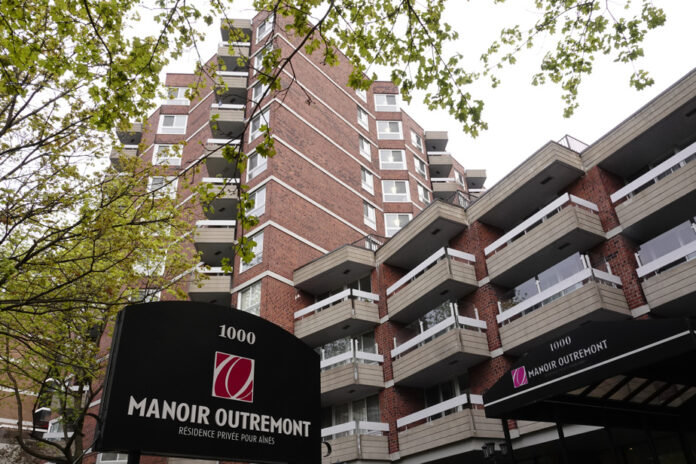To maintain care for people losing their independence in private seniors’ residences (RPA), the government would benefit from granting a refundable tax credit on the salaries paid to nursing staff, similar to what is done in the video game industry.
This recommendation comes from a recent study commissioned by the Regroupement québécois des Résidences pour Elders (RQRA).
The tax measure would consist of granting a 37.5% tax credit on the salary paid to beneficiary attendants, auxiliary nurses and registered nurses. However, cooks and housekeeping workers working in RPA would not be eligible.
The Aviseo firm draws inspiration from the precedents created by the refundable tax credit for the production of multimedia titles and the refundable tax credit to support the written information press.
The credit would replace salary adjustments and the $4 hourly bonus to beneficiaries, the payment of which was extended until January 1, 2024 before gradually decreasing.
The cost of the tax measure is estimated by Aviseo at 343 million annually, or approximately 100 million more than the amount of current premiums and adjustments if the latter covered the entire RPA healthcare staff.
In a recent survey, only 10% of RPAs affirm that their care units are profitable, “a situation which does not favor investments, which could lead to a break in the accommodation continuum,” writes Aviseo.
Unsurprisingly, the number of care units in RPAs still in operation decreased by 5% in one year, from 8701 to 8232, calculated the RQRA.
This result obviously does not take into account the care units in RPAs which closed their doors during the year.
From April 1, 2022 to March 31, 2023, 121 RPAs closed in Quebec, according to the Ministry of Health and Social Services.
Ultimately, it is the sustainability of the network of private residences that is at stake, maintains the RQRA.
From April 1 to mid-September 2023, across Quebec, there were 27 RPA closures for a total of 963 places. Certainly, new ones are opening, but overall, Quebec has lost 400 places in five months.
“Moreover, if we look at the new private residence projects for seniors, there are almost no private residences for a category 4 [care unit for non-autonomous clients], it is only category 2 [clientele autonomous],” says the report’s author, Mathieu Paquet, economist and senior director at Aviseo.
Aviseo was able to examine the financial statements of 46 private residences. From 2016 to 2021, the rate of return on residential assets eroded each year, falling from 14.1% to 2.9% over the period. This profitability measure does not take into account the payment of mortgage interest.
Result: private investments in housing for seniors have dried up. They increased from 2.2 billion per year, before 2019, to 300 million, at a time when the population aged 75 and over is growing by 4% per year in Quebec.
A 4% increase in people in public establishments results in additional expenses of 3.3 billion to the provincial government, including 60% in operating costs and recurring interest, reports another Aviseo study produced in December 2022.
“Simple to administer, a tax credit would enable the recruitment and retention of healthcare personnel within RPAs, would slow down the abandonment of healthcare units and would stimulate private investment in the network,” says Marc Fortin.
“According to the survey conducted by the RQRA among its members, we read in the report, more than two-thirds of respondents said that the tax credit would allow them to invest in the renovation or improvement of their RPA. »















